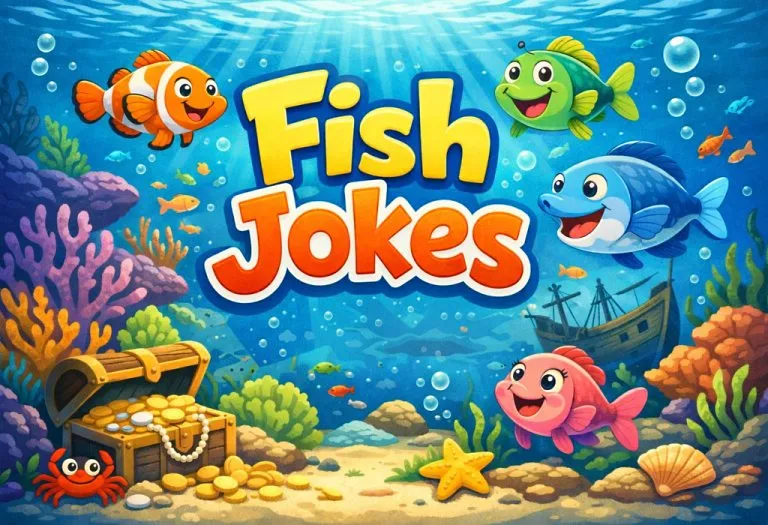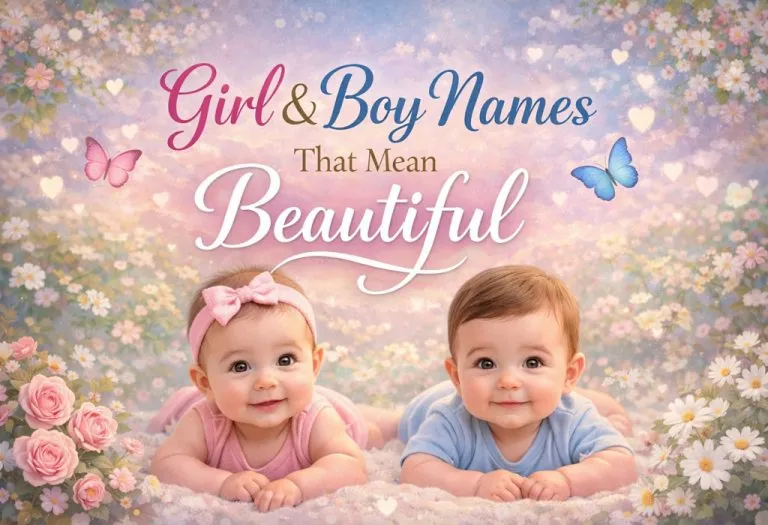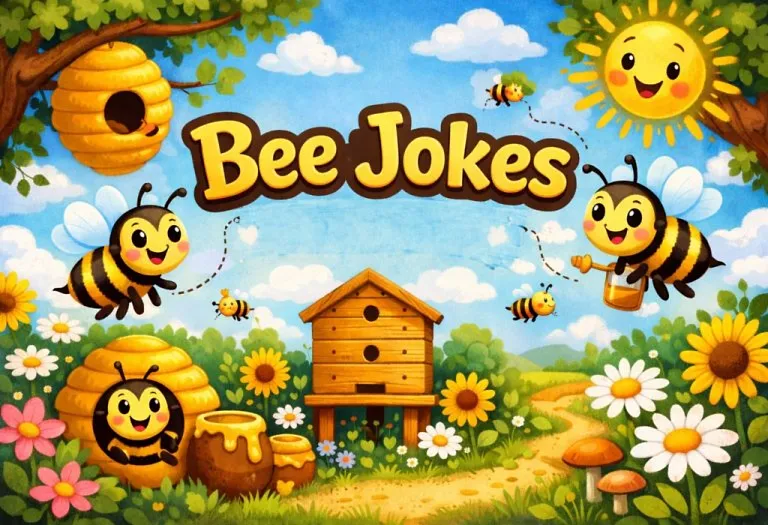Hives on Baby – Causes, Symptoms, Treatment & More
- What Are Hives in Infants?
- How Common Is It?
- What Causes Hives on Babies
- What Are the Signs of Hives in a Young Child?
- How Does an Allergy Trigger Hives in Infants?
- How Are Hives Diagnosed in Babies?
- Does Hives Cause Any Complications in Babies?
- How Are Hives on Baby Treated?
- Home Remedies for Hives in Babies
- How Can You Prevent Your Baby From Getting Hives?
- What Can You Do About Hives on Baby’s Face?
- Are Medical Treatments Effective for Hives in Babies?
- When to Call the Doctor
- FAQs
If you see your baby developing a rash on his body, he may be suffering from hives. As a parent, it is natural for you to get worried and even panic. There are many reasons why hives may develop in babies and children, including allergic reactions, infections, or even environmental factors. Infant hives can appear suddenly, leaving you feeling uncertain about the cause. Read about hives on a baby, its symptoms, causes, and what measures of treatment you can adopt to cure this skin condition in your baby. Identifying the underlying cause is key to managing and treating hives effectively.
What Are Hives in Infants?

Hives or urticaria is a skin condition that can be characterised by small red bumps on the skin (1). These bumps can be on a particular part of the body or may even spread across the entire body. Hives may disappear in a few hours or in some cases after a few days. There are many reasons that may cause hives in babies. The following article will help you to know more about hives in newborns.
How Common Is It?
Hives are common and often not serious in babies. Approximately 20 per cent people may suffer from hives at some point of time in their lives. When treated in time and in the right way, it does not turn serious. Baby hives usually resolve quickly with proper care.
What Causes Hives on Babies
There are many reasons that may cause hives in babies. Some of these reasons are listed below (2):
- Insect bites or stings may cause hives.
- Allergic reaction to foods like eggs, nuts milk or shellfish, may cause hives.
- Excessive exposure to cold weather or sun.
- Allergic reaction to certain medicines such as Penicillin, Sulphonamide etc.
- Allergy resulting from pollens of plants.
- Vigorous scratching or excessive sweating of the skin.
- Allergy because of pets in the house.
- Allergy because of certain creams and lotions.
- Hives may even result from infections like a common cold.
What Are the Signs of Hives in a Young Child?
If you are wondering whether or not your baby has hives, the following signs and symptoms may help you establish the same (3):
- Occurrence Of Welts: The most common and easy to spot a sign of hives is the appearance of welts on the skin. The welts are small red bumps on the skin that look like a mosquito bite. These may be seen at several places in the body.
- Wheals on the Skin: Hives cause pinkish or reddish tinge broad bumps on the surface of the skin that are called wheals. The wheals are mostly seen on the face, neck, back and legs.
- Changing Shapes of Welts and Wheels: These welts and wheals on the body may keep changing shape.
- Changing Location: Apart from changing shapes and sizes, these welts and wheals may even change the location also. They may appear and disappear randomly.
- Cranky Baby: If your baby is suffering from hives, he may appear to be fussier and crankier than usual. This is because of the itching that may cause extreme discomfort to the baby.
How Does an Allergy Trigger Hives in Infants?
As soon as a baby comes in contact with an allergen, the body reacts immediately by releasing histamine. Histamine is released by the mast cells in the bloodstream, and when it gets accumulated under the skin, it starts leaking from the blood vessels (4). The released and accumulated fluid forms puddles under the skin that gets transformed into rashes of various shapes and sizes. Histamine flows through the bloodstream, and this is why it may appear and disappear from various parts of the skin. This may continue till the histamine clears up from the bloodstream, this may depend on the severity of the allergy and the amount of histamine caused due to it.
How Are Hives Diagnosed in Babies?
If you suspect hives in your baby, it is advised that you immediately take your baby to the doctor. Firstly the doctor will examine the physical symptoms of your baby thoroughly (5). Your doctor may ask you about baby’s health records, any allergies and his lifestyle. If your doctor suspects the presence of pathogens, a blood test for the same may be suggested. In order to reach the final diagnosis, your doctor will assess the physical symptoms and the results of the test. After the diagnosis is complete, your doctor will prescribe the best-suited treatment option for your baby.
Does Hives Cause Any Complications in Babies?
In most cases, hives do not cause serious complications and may get better within a few hours or a few days. However, sometimes severe allergic reactions may get caused.
- An allergic reaction after an insect bite or sting.
- If the home remedial measures are not helping in improving the symptoms.
- If your baby develops wheezing.
- If your baby has nausea or vomiting.
- If your baby heart rate is rising
- If you notice swelling on the eyes or eyes along with the hives and your baby has difficulty in breathing properly.
- If your baby has swollen lips.
- If your baby’s skin becomes clammy and cold.
- If the skin rash becomes severe and itches more.
- If you notice your baby’s symptoms getting worse.
If any of the above-mentioned symptoms are noticed, it is advised that you take immediate action and get in touch with your doctor (6). With timely and proper medical intervention any kind of complication can be dealt with.
How Are Hives on Baby Treated?
In most cases of hives, no medical intervention is required as the symptoms subside on their own. However, your doctor may prescribe medication for newborn hives treatment to reduce the symptoms and also treat the underlying cause that may have caused hives in the first place. Following are the options for the treatment for hives in babies (7):
- The most common medicine that your doctor may prescribe for your baby is the antihistamine. This medicine helps in reducing the redness, itching and swelling but it does not cure the ailment. This medicine does not make your baby groggy and is extremely safe to be administered to the child. These can be easily procured from any pharmacy, but it is recommended that you consult a paediatrician first.
- In most severe cases of hives, your doctor may recommend the use of steroids. These kinds of medicines are usually avoided due to their probable side effects. However, if your baby does not respond to antihistamine or the symptoms become severe, steroids may be used to reduce the symptoms.
Though the above-mentioned remedies help in reducing the symptoms of hives in an effective manner, you may also adopt certain home remedial measures to treat hives in babies.
Home Remedies for Hives in Babies
We shall acquaint you with effective and easy-to-use home remedial measures that you can utilise to bring down the symptoms of hives in babies and young children. Some of these hives in babies home remedies are as follows (8):
1. Cold Compressions
You may take cold water (not icy cold) and dip any soft cotton or muslin cloth in it and dab at the sight of the rash. Cold compression instantly helps in reducing itching and redness caused due to hives.
2. Cold Water Baths
You can bathe your baby with cold water. However, it is suggested that do not use very cold water as it may make your baby extremely uncomfortable and give your baby chills. Cold water baths help in washing away the allergens and also reducing the itching. Refrain from using fancy fragrant soap; instead, use any mild baby soap. Gently dry your baby with a soft towel, and you may apply any mild baby cream to soothe your baby’s skin.
3. Make Your Baby Wear Comfortable Clothes
Dress your baby in loose cotton clothes. Cotton is soft and does not irritate the skin. The breathy loose clothes help in circulation of air making your baby feel comfortable and less cranky.
4. Keep Your Baby’s Nails Trimmed
The itch from hives can not only make babies extremely uncomfortable, but small babies may scratch the rash and make it worse. Therefore, trimming their nails will keep them off from scratch.
5. You May Use Anti-Itch Ointment
It is recommended that you should use the lotions or creams as per the instruction and refrain from using more than the recommended limits. Calamine lotion also works well in reducing symptoms and can be applied at home. Though the best option is to consult your paediatrician.
How Can You Prevent Your Baby From Getting Hives?
The following may help you to prevent hives in babies:
1. Protect Your Baby from Infections
Maintaining and practising good hygiene goes a long way in protecting your baby from harmful infections that may get caused due to pathogens. Help your baby built stronger immunity by feeding him well.
2. Keep Your Baby Neat and Tidy
Dirt, grime or pollens attached to your baby’s clothes and skin may cause hives too. Change your baby’s clothes and clean him nicely after coming from an outdoor trip.
3. Protection from Allergens
Keep your baby safe and away from all the possible allergens that you suspect may cause an allergic reaction and thus cause hives.
4. Keep Your Baby in Favourable Weather Conditions
If the weather is hot and humid, keep your baby in an air-conditioned environment. If it is dry and cold, use humidifiers.
5. Do Not Use Harsh Detergents
Harsh chemical detergents may sometimes leave residue behind that may cause a rash on your baby’s skin. Use baby-safe or milder detergents to wash your baby’s clothes.
What Can You Do About Hives on Baby’s Face?
Infant hives on the face can be especially alarming, but as long as there is no swelling of the lips or mouth, you can manage them in the same way as hives on other areas of the body. However, if you observe swelling around the mouth or lips, it’s crucial to call 911 immediately, as this could indicate anaphylaxis.
Are Medical Treatments Effective for Hives in Babies?
Hives in babies can be distressing, and while many cases resolve on their own, medical infant hives treatment may be necessary to provide relief and prevent further discomfort. Here are some medical treatments that may be effective for managing hives in babies:
- Pediatricians may recommend antihistamines to reduce itching and swelling caused by hives. Always ensure the medication is appropriate for your baby’s age.
- In some cases, a doctor may prescribe topical or oral corticosteroids to reduce inflammation and manage more severe hives (9).
- Applying a cold compress to the affected areas can help soothe the skin and provide temporary relief from itching and discomfort.
- If your baby experiences severe reactions, such as swelling in the face or difficulty breathing, immediate medical attention may be needed to ensure their safety.
When to Call the Doctor
Knowing when to call the doctor is crucial when dealing with hives in your baby. While most cases are harmless and resolve on their own, there are certain signs that require immediate medical attention. Here’s when you should reach out to your healthcare provider:
- Persistent hives: If the hives last for more than a few days or get worse.
- Swelling around the mouth or lips: This could be a sign of a serious allergic reaction.
- Trouble breathing: Difficulty breathing or wheezing requires immediate attention.
- Fever with hives: A fever may suggest an infection or other underlying issue.
- Severe discomfort: If your baby is very uncomfortable or in distress.
FAQs
1. Are infant hives contagious?
No, hives are not contagious. They are usually a response to allergens, infections, or environmental factors, but they cannot be spread from one person to another.
2. Can hives appear after vaccinations in infants?
In some rare cases, infants may develop hives as a delayed reaction to certain vaccines, typically within a few hours to days after the shot. If you notice this, it’s best to consult with a doctor.
3. Can teething gels or creams trigger hives?
Certain teething gels or creams containing additives or preservatives may cause allergic reactions in some infants, leading to the development of hives, particularly around the mouth or face.
In rare cases, an infant hives virus can cause a reaction, particularly if the hives are a result of a viral infection such as the common cold or other respiratory viruses, leading to an allergic-like response in some babies. If you notice your baby breaking out in hives, it could be a sign of an allergic reaction or an infection which triggers the skin to react with welts or rashes. When treated the right way, hives are not serious in babies. Make sure to observe your baby and keep a look out for any symptoms. Should they appear or persist, consult the doctor immediately. It will help take care of the situation in a timely way and determine the cause of the allergy.
References/Resources:
1. Hives (Urticaria) in Children; American Academy of Pediatrics; https://www.healthychildren.org/English/health-issues/conditions/skin/Pages/Hives.aspx
2. Hives; American Academy of Pediatrics; https://healthychildren.org/English/tips-tools/symptom-checker/Pages/symptomviewer.aspx?symptom=Hives
3. Signs and symptoms of hives; The Royal Children’s Hospital Melbourne; https://www.rch.org.au/kidsinfo/fact_sheets/Hives/
4. Hives (Urticaria); Nemours Kids Health; https://kidshealth.org/en/parents/hives.html
5. Hives: diagnosis and treatment; American Academy of Dermatology Association; https://www.aad.org/public/diseases/a-z/hives-treatment
6. Hives in Children; Cleveland Clinic; https://my.clevelandclinic.org/health/symptoms/22454-hives-in-children
7. Hives; Penn Medicine; https://www.pennmedicine.org/for-patients-and-visitors/patient-information/conditions-treated-a-to-z/hives
8. Hives: how to get relief at home; American Academy of Dermatology Association; https://www.aad.org/public/diseases/a-z/hives-self-care
9. Hives and angioedema; Mayo Clinic; https://www.mayoclinic.org/diseases-conditions/hives-and-angioedema/diagnosis-treatment/drc-20354914
Also Read:
Baby Skin Allergy
Food Allergies in Infants
Formula Allergy in Babies
Baby Skin Care – Easy Tips for Baby’s Skin Care
Was This Article Helpful?
Parenting is a huge responsibility, for you as a caregiver, but also for us as a parenting content platform. We understand that and take our responsibility of creating credible content seriously. FirstCry Parenting articles are written and published only after extensive research using factually sound references to deliver quality content that is accurate, validated by experts, and completely reliable. To understand how we go about creating content that is credible, read our editorial policy here.






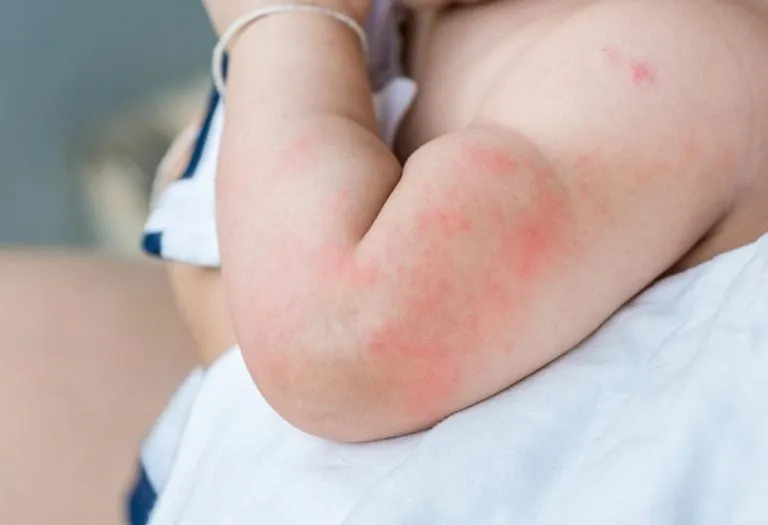
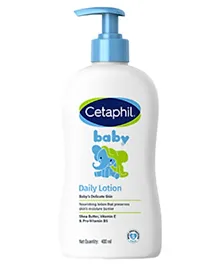
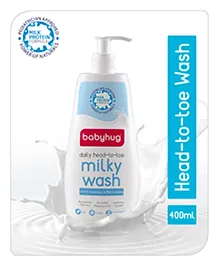
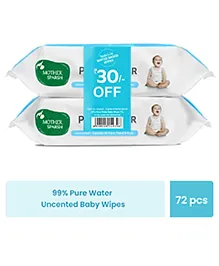
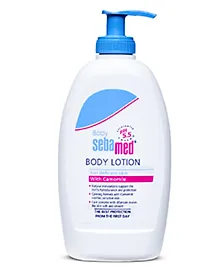
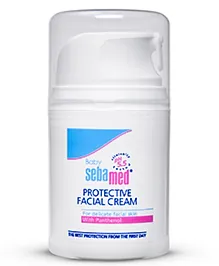
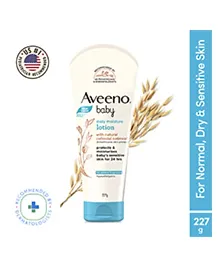
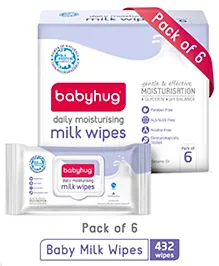
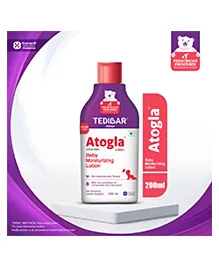
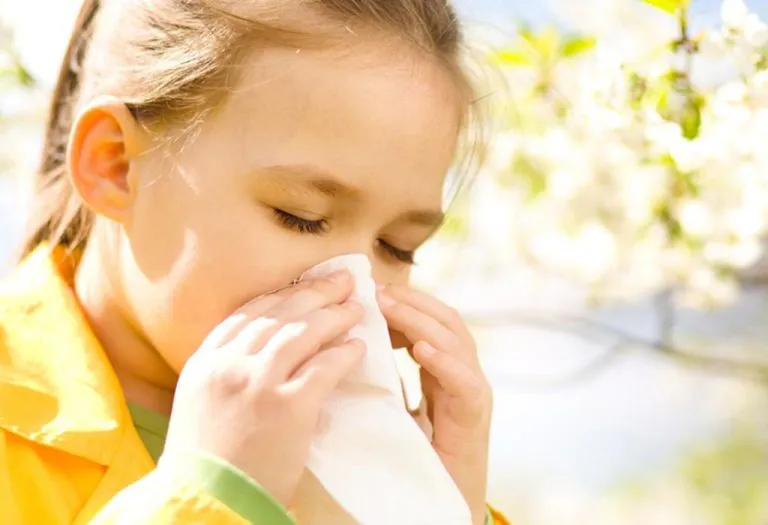
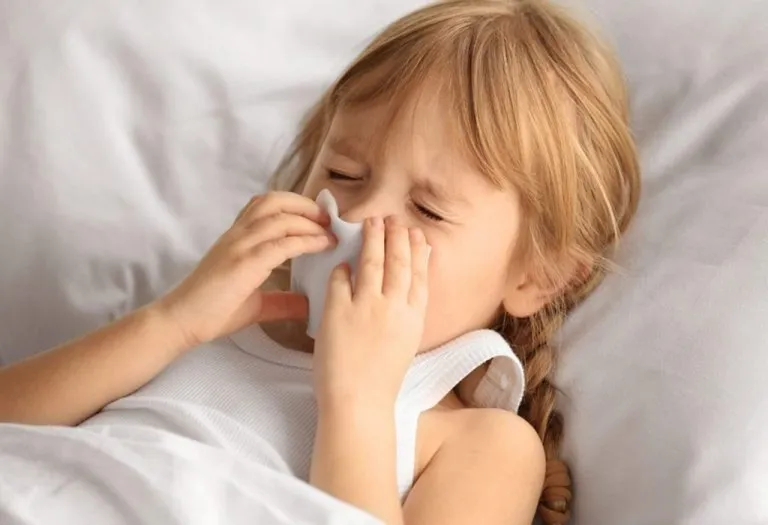
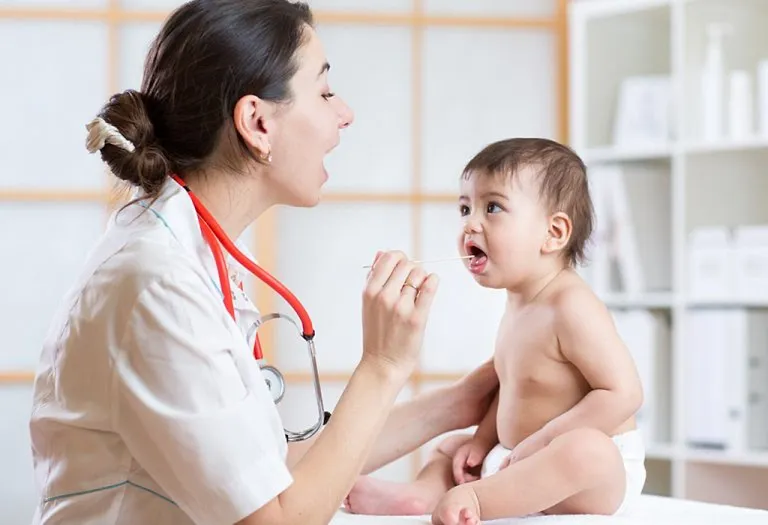
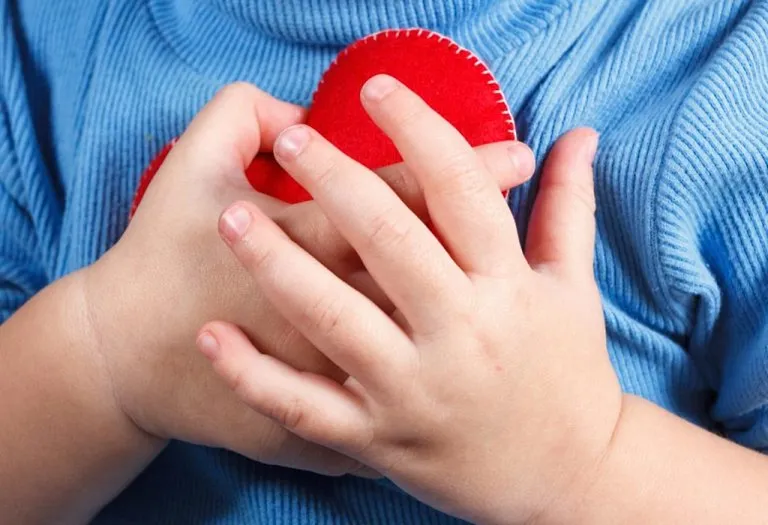
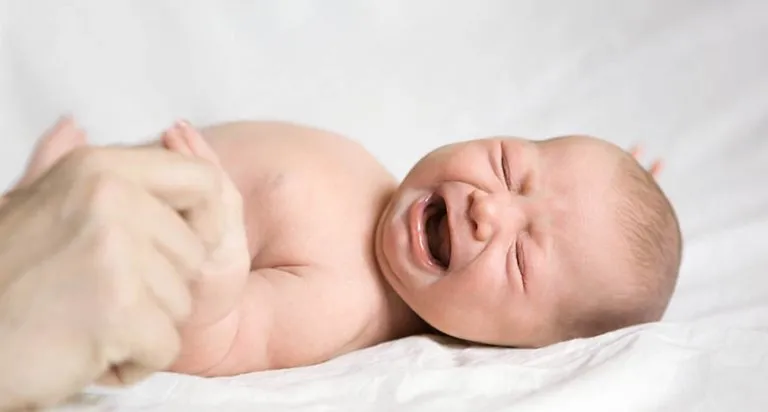
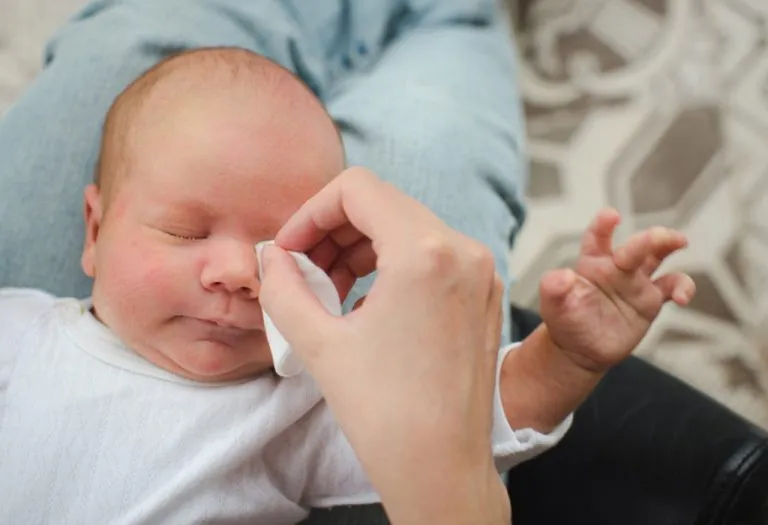

.svg)








